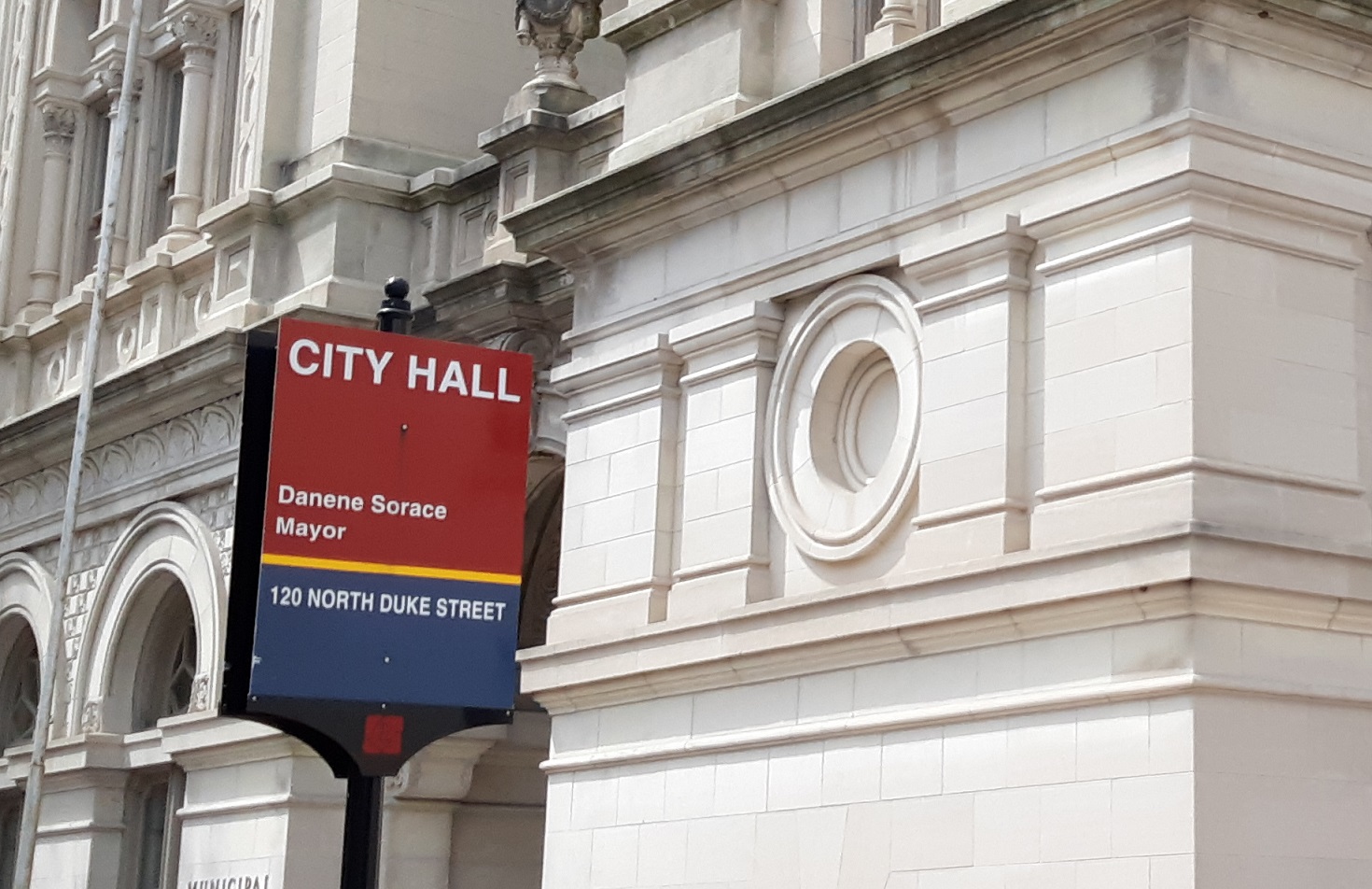City Council is scheduled to vote Tuesday on an adjustment to its rules for “STRs,” or short-term rentals — properties rented on platforms such as Airbnb and VRBO.
The change would apply to small mixed-use buildings in Lancaster’s mixed-use and business zoning districts, allowing those with one or two upstairs apartments to rent them out as STRs.
City planning officials believe the change will make it more economically viable to renovate vacant second- and third-floor spaces and return them to productive use.
Last year, responding to concerns that STRs were crowding out conventional rentals and causing noise, trash and parking issues for neighbors, City Council voted to bar STRs in Lancaster’s residential areas. (The ban does not apply to on-premises homeowners renting out one or two bedrooms: Those are known as “homestays” and remain legal.)
The city provided a window for existing STRs in residential neighborhoods to be grandfathered in if they had valid rental licences and complied with city rules. Since then, new ones are permitted only in commercial and mixed-use areas.
Up to now, “STR” has meant a single-family property that is rented as a whole. In the districts where STRs are allowed, there are relatively few of those, Chief Planner Douglas Smith said.
The change up for consideration Tuesday would broaden the definition to allow up to two apartment STRs in buildings with ground-floor storefronts in mixed-use and commercial districts. (Under the city’s zoning code, any building with more than two apartments is a “multifamily dwelling” — they do not qualify.)
“We see this as putting the use in the right place,” Smith said.
Bringing an apartment back into use after decades is often prohibitively expensive. Modern building safety codes require firewalls or sprinkler systems; plumbing and electrical systems often have to be replaced from scratch.
That, in a nutshell, is why so many upper floors are vacant: The cash flow from conventional long-term rentals isn’t enough to cover the renovation costs.
Provided they can be rented frequently enough, however, STRs have more earning potential — enough, the city hopes, to move the needle for at least some properties.
Smith said the city doesn’t have a count of how many buildings have upper floors that would qualify. But there’s no doubt they’re there, as a walk downtown and a scan of the many dark upstairs windows will quickly confirm.
The potential beneficiaries would include people like Evan Young, who owns two buildings in the 200 block of West King Street.
Young told City Council he renovated the upstairs after his property taxes went up, figuring he could earn enough from STRs to avoid raising his commercial tenants’ rent.
Otherwise, “I have to raise everybody’s rent by 10%,” he said.
In the short and medium term, the city is optimistic the change will incentivize redevelopment, Smith said. In the long run, there’s reason to hope it could expand the supply of long-term housing stock, if properties initially renovated as STRs eventually revert to conventional rentals.
Businessman Walt Rowen said the city needs to do more to enforce its ban on unlicensed STRs in residential neighborhoods, but he supports the upper-floor idea: “This, I think, is a change that makes sense,” he said.






